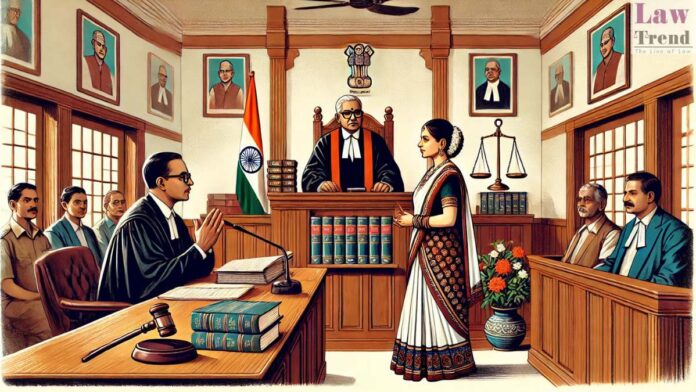In a significant ruling, the Allahabad High Court has held that a widowed daughter-in-law is entitled to claim maintenance from her father-in-law under Section 19 of the Hindu Adoptions and Maintenance Act, 1956, even if she chooses not to live in her matrimonial home. The court stated that “it is not a mandatory condition of
To Read More Please Subscribe to VIP Membership for Unlimited Access to All the Articles, Download Available Copies of Judgments/Order, Acess to Central/State Bare Acts, Advertisement Free Content, Access to More than 4000 Legal Drafts( Readymade Editable Formats of Suits, Petitions, Writs, Legal Notices, Divorce Petitions, 138 Notices, Bail Applications etc.) in Hindi and English.




